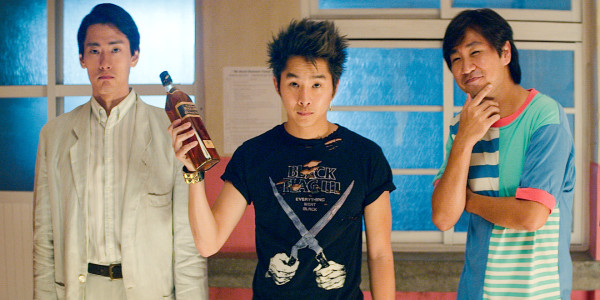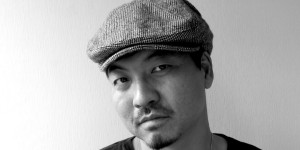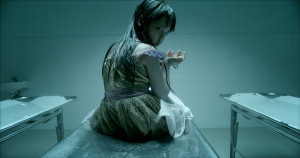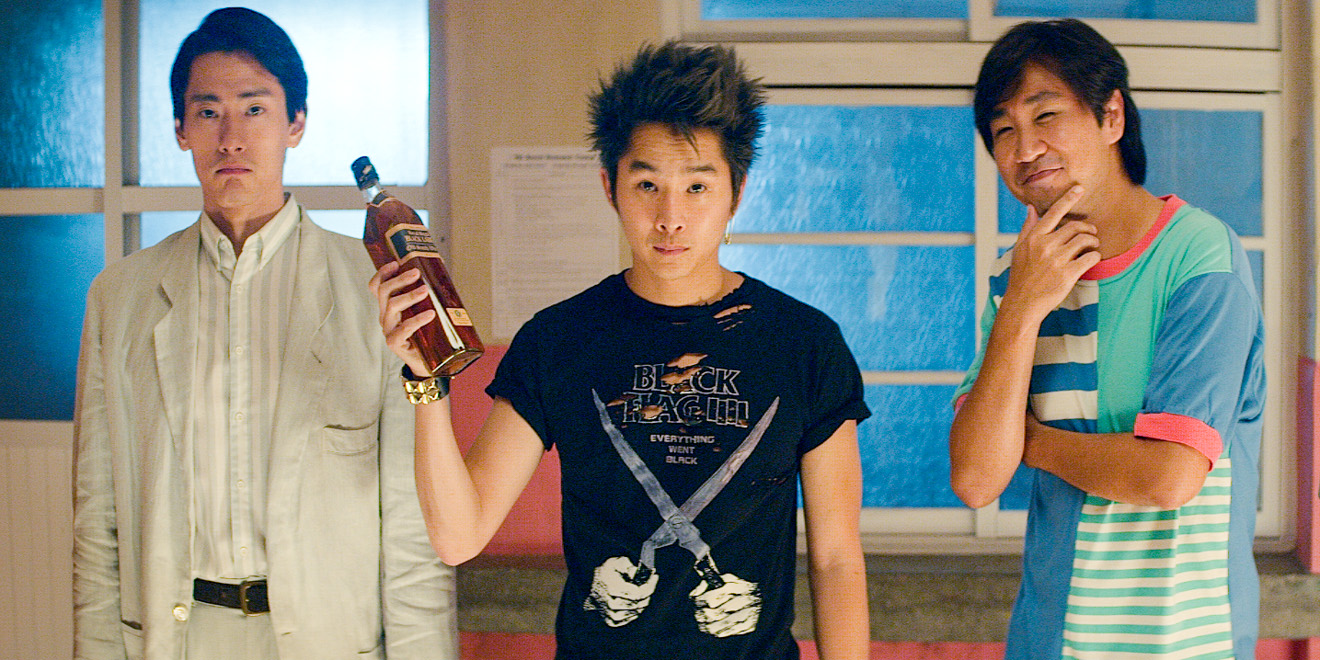
The Center for Asian American Media will host CAAMFest from March 12 to 22 this year in San Francisco, Berkeley and Oakland. Now in its 33rd year, the festival brings food, film and art from Asian and Asian-American artists to the fore.
Each year, the festival endeavors to speak to an oft-overlooked demand for Asian-American representation at the movies. A study conducted by the Annenberg School of Communication and Journalism at USC found that only 4.4% of speaking roles in 2013’s 100 top-grossing films were given to Asian actors. Though Asians are one of the United States’ fastest-growing demographics, the percentage of Asian actors and directors in Hollywood has been in decline since 2008.
CAAMFest, formerly known as the San Francisco International Asian American Film Fest, seeks to reverse this downwards trend. The festival’s roster is a multimedia palette of film screenings, live performances, food samplings and workshops for children in celebration of Asian and Asian-American culture. In keeping with its message of inclusivity and diversity in the entertainment industry, CAAMFest’s schedule is chock-full of appearances from historically underrepresented groups: a forum and series of screenings from LGBTQIA filmmakers and characters, a documentary on the survivors of Khmer Rouge.
The festival will open with “Seoul Searching,” a Korean tribute to John Hughes’ feel-good teen flicks, and close with “Lucky Chow,” a documentary about a cross-country journey in search of Asian eats. In addition, among the festival’s variegated genres, artists and titles is “Hollow,” a horror film from Vietnamese director Ham Tran. We took a look at these three selections in preparation for the festival’s kickoff this Thursday.
“Seoul Searching”
Korean-American director Benson Lee’s newest film has been called “The Bibambap Breakfast Club,” and with good reason. “Seoul Searching” is a professed tribute to John Hughes’ 80s teen movies (think: “Ferris Bueller’s Day Off,” “Sixteen Candles”). Here, we have all the requisite tropes for any teen film worth its salt: the basketcase, the prep, the square, the punk and a compromising situation for the whole gang.

Lee puts an interesting spin on these stock characters — in “Seoul Searching,” ethnically Korean students from every corner of the world come together for a summer camp in Seoul. The camp’s intent: to teach the rowdy youngsters the value of their Korean heritage. At the start of the film, we’re told that the government-funded camp was discontinued because “they simply could not control these kids.” Though the action is exaggerated, the camp was real.
“Seoul Searching” relies on a cast of caricatures to make its point — Sergio from Mexico, who speaks in an exaggerated, rollicking accent, can get along just fine with Sid, the leather-studded punk from California. The parents of Klaus, a student from Germany, own a bratwurst company. Sarah, an English student, is from Wimbledon and wears a pastel-pink sweater around her shoulders.
The action is endearing but predictable. Everyone has a heart-rending backstory, it seems, including the students’ straitlaced teacher and mentor, Mr. Kim. Excess sap comes part and parcel with any tribute to a Hughes film, but “Seoul Searching” frames this motley assemblage of freaks and geeks in the context of cultural awareness — at the end of the day, Lee seems to say, a shared appreciation for Korean culture can quash any amount of stereotyping and exaggerated accents.
“Hollow”
Director Ham Tran’s newest horror flick is dark, nuanced and stylish. The film opens on a woman, her face blood-streaked. Tran plays with perspective so that it’s impossible to tell if she’s sprawled horizontally or standing upright. When we finally get our bearings — she’s standing with her back to a bridge’s guardrails — she jumps into the murky water below.

“Hollow” leans on a few horror movie tropes to move plot forward. At its foundation is a broken Vietnamese family — there’s a stepfather and an older daughter from her mother’s previous marriage who don’t get along. A younger daughter is caught in the crossfire. She becomes the devil-child, a favorite device of horror flicks since “Rosemary’s Baby.” The daughter, Ai, becomes the focal point of the film’s action.
While many of the plot elements are reminiscent of past horror films, Tran incorporates masterful commentary on sex trafficking in Vietnam into “Hollow.” The distraught spirit of a young girl, wronged by the sadistic male owner of a brothel, possesses the female family members in an attempt to get closer to her killer — his identity, hinted at over the course of the film, receives a reveal in the film’s final moments. “Hollow” provides a healthy helping of cultural commentary with its scares.
“Lucky Chow”
In the Silicon Valley installment of “Lucky Chow,” foodie Danielle Chang explores the Bay Area’s culinary offerings. She visits a community garden at Google’s Mountain View campus, Hodo Soy and Ecopia Farms. The tech giant’s gardens produce herbs and vegetables; though the output of these gardens can’t fully supply the company’s myriad cafes and restaurants, they provide a useful lesson in sustainable farming practices. Hodo Soy mass produces artisanal firm tofu, an age-old process given the digital treatment. Ecopia Farms, founded by a retired computer scientist and aerospace engineer, employs vertical farming techniques to maximize its output of organic produce while reducing water consumption.

“Lucky Chow” provides a fascinating perspective on the latest in organic food fads. The highly technologized atmosphere of Silicon Valley is communicated in this episode — tech informs the Ecopia farmers’ every decision. Our current predilection for artisanal, organic, back-to-earth food is visible in Hodo Soy’s stone-ground, locally-sourced soy beans.
In the span of about twenty minutes, the documentary successfully highlights Asian business owners while making a case for healthy, sustainable food. And, with this episode’s focus on Silicon Valley, “Lucky Chow”’s points are especially salient.
CAAMFest will be held from March 12-22 in San Francisco, Oakland and Berkeley. For information about the festival, visit http://caamfest.com/2015.
Contact Madelyne Xiao at madelyne ‘at’ stanford.edu.
